Post-thrombotic syndrome (PTS) is a condition that can occur in people who have experienced deep vein thrombosis (DVT), which is a blood clot that forms in a deep vein, usually in the leg. PTS can cause pain, swelling, and other symptoms in the affected limb. In some cases, the symptoms can be severe and interfere[…]
If this is the first you are hearing of Baker’s Cyst, you’re not alone. And the reason we are discussing it here, in our vascular practice, is because if this type of cyst ruptures the result is a painful, swollen leg, which at first glance may be indistinguishable from an acute deep vein thrombosis (DVT).
Peripheral Artery Disease (PAD) is a condition that is caused by the reduction of blood flow from the arteries to the limbs. PAD means that you have unhealthy blood vessels and treating this is essential.
As improvements in medical technology have evolved over the years, so have the ways of classifying venous diseases. In fact, up to 1993, doctors did not have a way to uniformly diagnose and compare chronic venous disorders.
As part of our effort to promote awareness and education at the Vein Institute of NJ, we want to highlight Deep Vein Thrombosis (DVT), as March is awareness month for this disease.
The National Institutes of Health estimates that 60% of people suffer from some type of vein disorder. There’s been considerable interest in new techniques for treating varicose veins, claiming major advantages over conventional surgery, may have changed care.


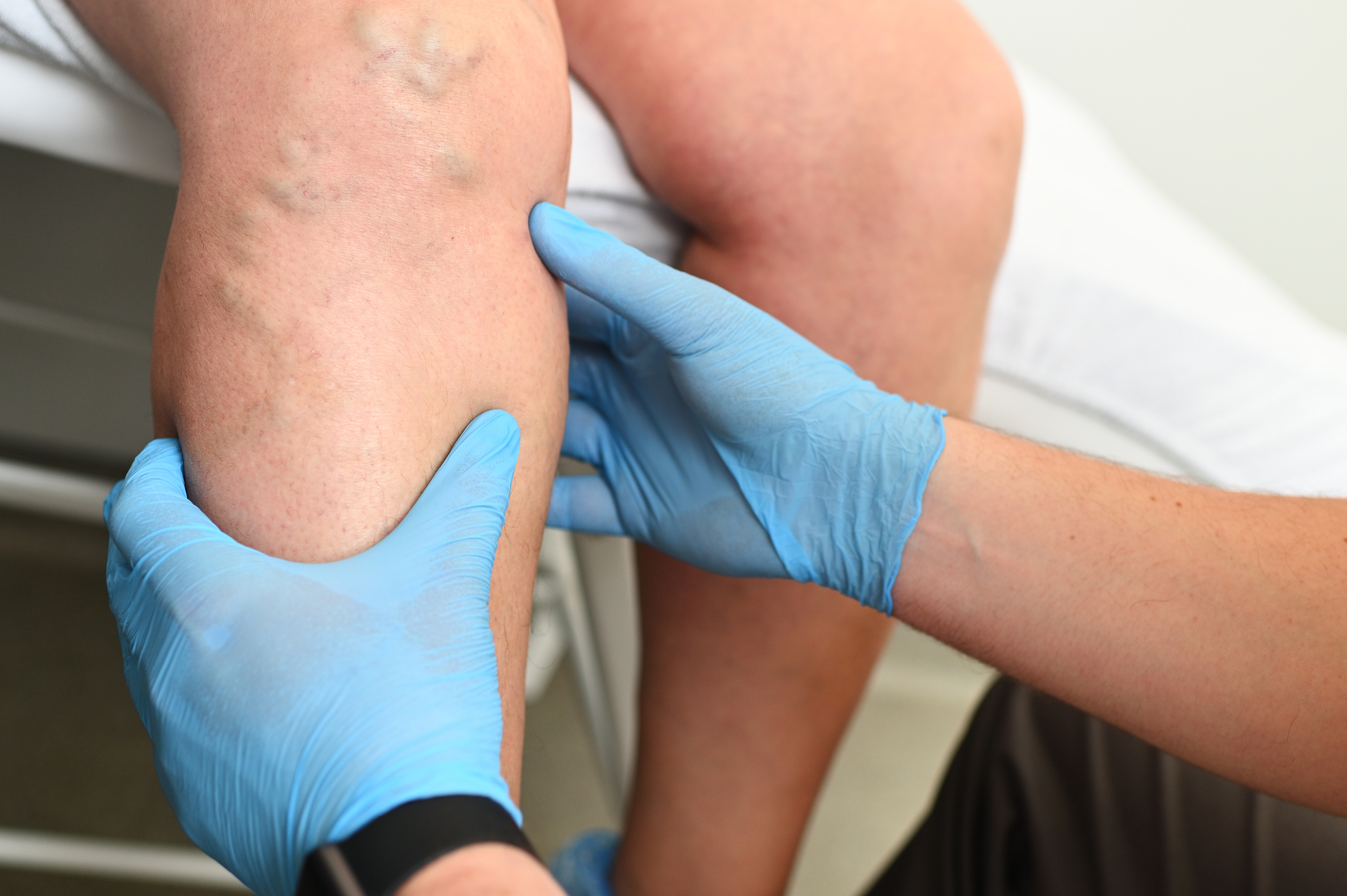
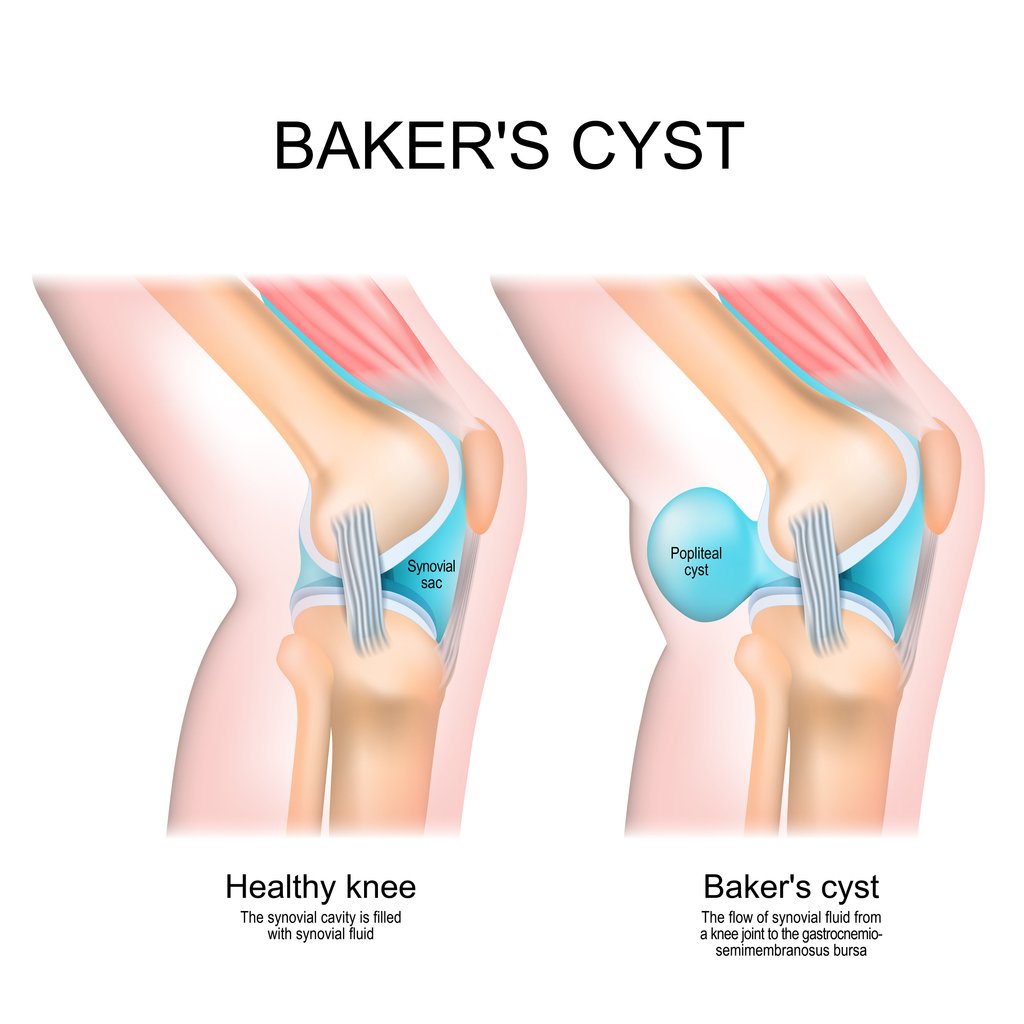
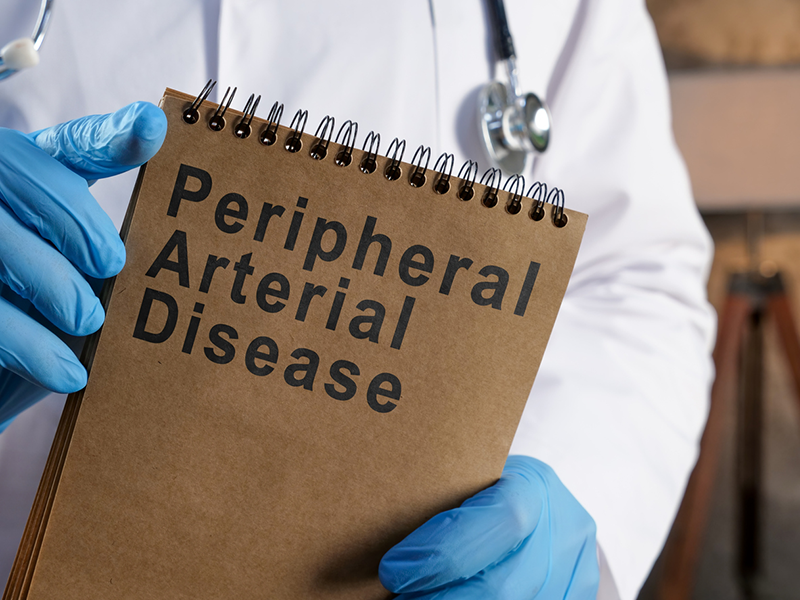
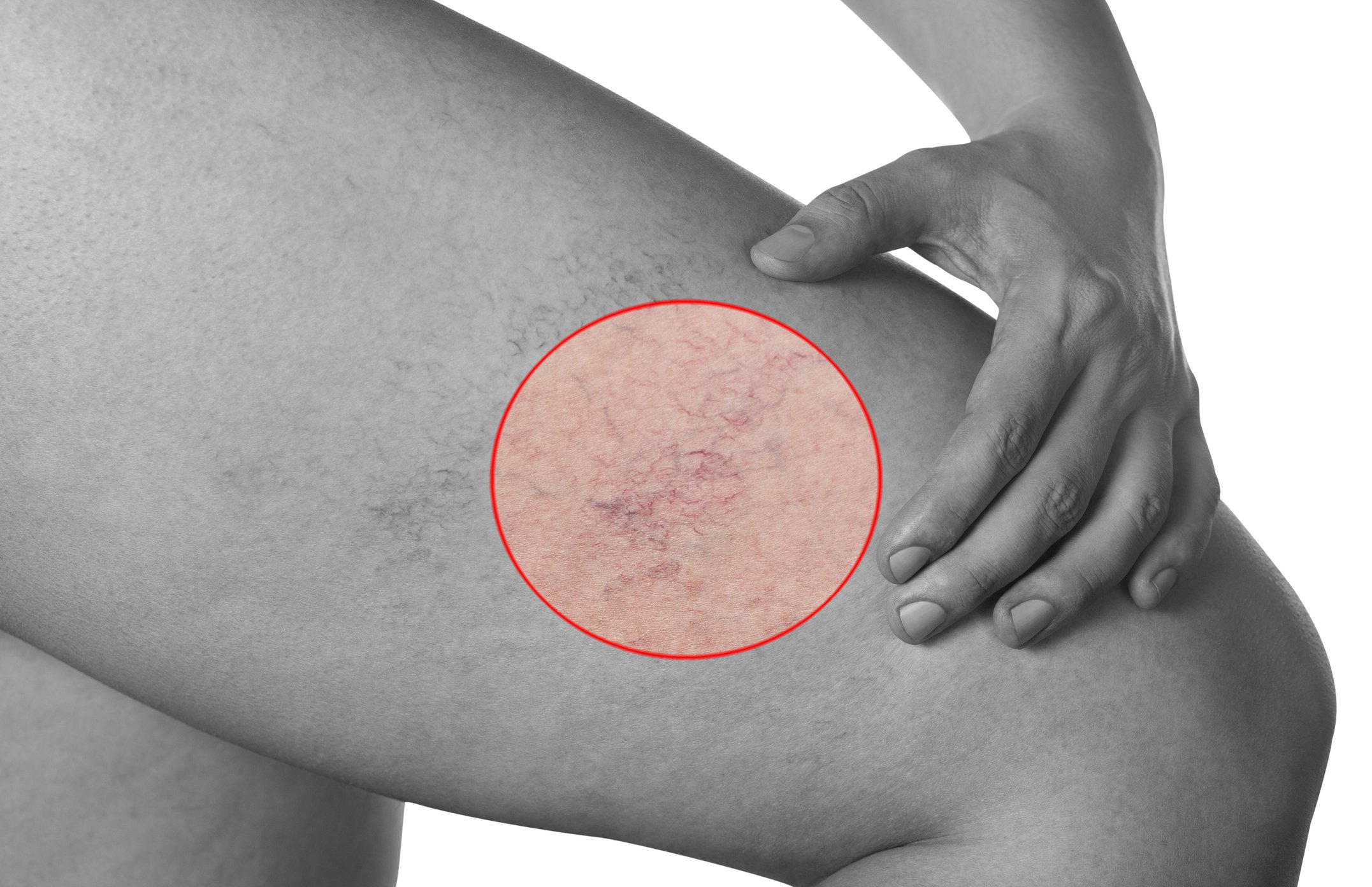
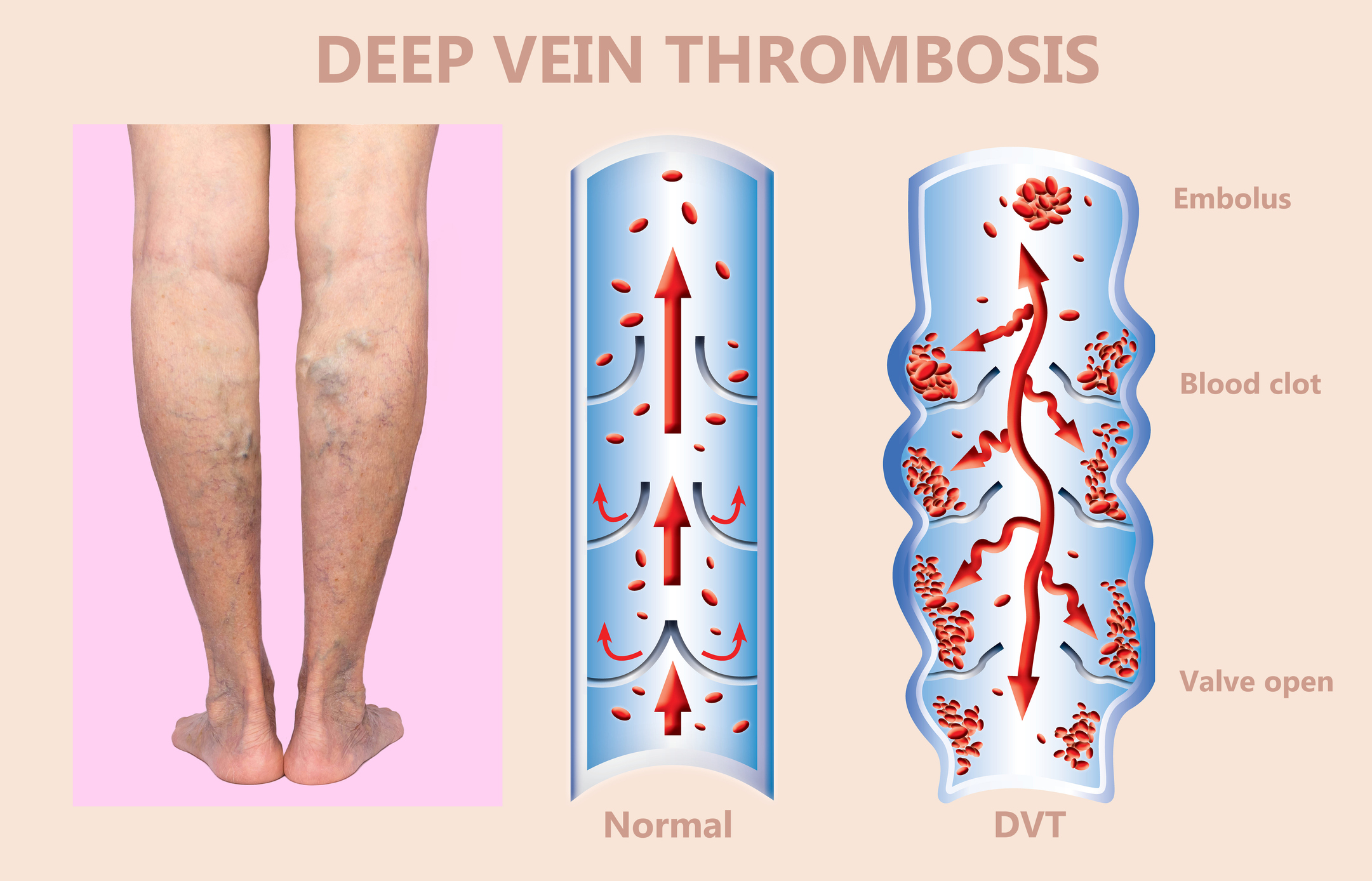




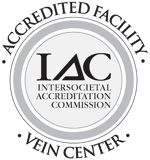
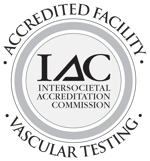
.jpg?width=944&name=Castle-Connolly-Top-Doctors-Emblem-Large%20(4).jpg)